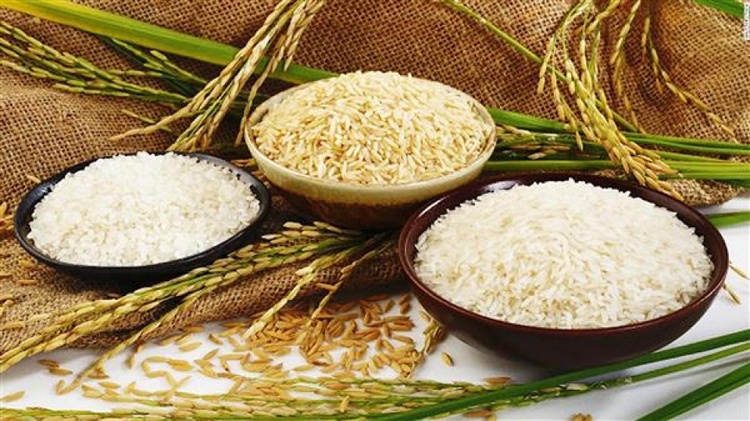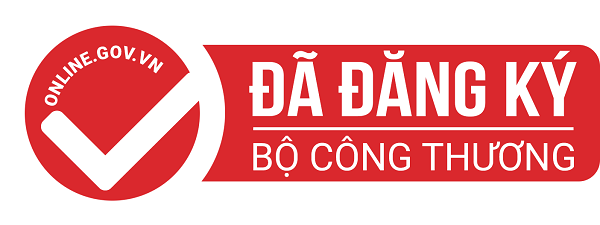According to the Food and Agriculture Organization of the United Nations (FAO), although the output of agriculture, capture and aquaculture in sub-Saharan Africa will increase by 21% in the next 10 years, Africa is still dependent. more and more imported food. The trade deficit for major food products (cereals, meat, sugar and cooking oils) will increase from $ 18 billion to $ 31 billion by 2029.
However, the 2019 Continental Africa Free Trade Area Agreement (expected to be implemented in January 2021) will contribute to improving intra-regional exchange thanks to a sharp reduction in tariffs, especially on trade. the trade of agricultural and food products may increase by 20 to 35%. “Inter-subregions will be particularly large for meat, dairy and dairy products, sugar, beverages and tobacco, vegetables and grains as well as paddy and processed rice”.
Even so, barriers exist for the movement of goods between African countries in terms of infrastructure, border gates or non-tariff measures.
Productivity increases but not enough to meet domestic demand
The yield gap between sub-Saharan Africa and the rest of the world is quite large, averaging over two times although grain production will increase by 16% between 2020 and 2029 on this continent, Equivalent to the growth rates over the past decade. If compared to the leading agricultural countries, the gap is larger. For example, while the maize yield in 2029 in sub-Saharan Africa will be 2.7 tons / ha, in the US it will reach nearly 12 tons / ha, the average rice yield in Australia will reach 12.4 tons / ha. in Africa it is 1.6 tons / ha. In addition, Africa is also affected by factors such as lack of irrigation water, drought and damage to grasshoppers.
Vietnam's rice exports to Africa in 2019
According to the Vietnam Trade Office in Algeria, Africa is a market with high demand for rice, especially in West Africa due to insufficient rice production, especially in years of natural disasters. crop failure, political instability or epidemics. On average, each year, this continent imports from 12 to 13 million tons of rice of all kinds. In 2019, Vietnam exported rice to 35 out of 55 African countries with a turnover of nearly 630 million USD, of which the most importing countries are Cote d'Ivoire, Ghana, Senegal, Mozambique, Cameroon, Gabon. , Tanzania, Egypt ... The main rice supplying countries to this region are mainly in Asia such as Thailand, India, Pakistan, Vietnam ...
The types of rice exported to the African market are very diverse and the people here have an increasing demand for high quality rice. Markets such as Nigeria, South Africa import a lot of rice, Senegal consumes high proportion of broken rice, and Cote d’Ivoire and Ghana prefer jasmine and fragrant rice. Some import groups also want to buy rice with added micronutrients and vitamins during the processing.
In the first 6 months of 2020, an outbreak of grasshoppers in East Africa, the Covid-19 epidemic, high population growth and competitive international rice prices are the reasons leading to the intensification of African governments and people. storing food, including rice. According to the US Department of Agriculture, the demand for rice of the whole Africa in 2020 is estimated at 15.7 million tons..
However, the 2019 Continental Africa Free Trade Area Agreement (expected to be implemented in January 2021) will contribute to improving intra-regional exchange thanks to a sharp reduction in tariffs, especially on trade. the trade of agricultural and food products may increase by 20 to 35%. “Inter-subregions will be particularly large for meat, dairy and dairy products, sugar, beverages and tobacco, vegetables and grains as well as paddy and processed rice”.
Even so, barriers exist for the movement of goods between African countries in terms of infrastructure, border gates or non-tariff measures.
Productivity increases but not enough to meet domestic demand
The yield gap between sub-Saharan Africa and the rest of the world is quite large, averaging over two times although grain production will increase by 16% between 2020 and 2029 on this continent, Equivalent to the growth rates over the past decade. If compared to the leading agricultural countries, the gap is larger. For example, while the maize yield in 2029 in sub-Saharan Africa will be 2.7 tons / ha, in the US it will reach nearly 12 tons / ha, the average rice yield in Australia will reach 12.4 tons / ha. in Africa it is 1.6 tons / ha. In addition, Africa is also affected by factors such as lack of irrigation water, drought and damage to grasshoppers.
Vietnam's rice exports to Africa in 2019
According to the Vietnam Trade Office in Algeria, Africa is a market with high demand for rice, especially in West Africa due to insufficient rice production, especially in years of natural disasters. crop failure, political instability or epidemics. On average, each year, this continent imports from 12 to 13 million tons of rice of all kinds. In 2019, Vietnam exported rice to 35 out of 55 African countries with a turnover of nearly 630 million USD, of which the most importing countries are Cote d'Ivoire, Ghana, Senegal, Mozambique, Cameroon, Gabon. , Tanzania, Egypt ... The main rice supplying countries to this region are mainly in Asia such as Thailand, India, Pakistan, Vietnam ...
The types of rice exported to the African market are very diverse and the people here have an increasing demand for high quality rice. Markets such as Nigeria, South Africa import a lot of rice, Senegal consumes high proportion of broken rice, and Cote d’Ivoire and Ghana prefer jasmine and fragrant rice. Some import groups also want to buy rice with added micronutrients and vitamins during the processing.
In the first 6 months of 2020, an outbreak of grasshoppers in East Africa, the Covid-19 epidemic, high population growth and competitive international rice prices are the reasons leading to the intensification of African governments and people. storing food, including rice. According to the US Department of Agriculture, the demand for rice of the whole Africa in 2020 is estimated at 15.7 million tons..
Hoang Duc Nhuan
Vietnam Trade Office in Algeria




